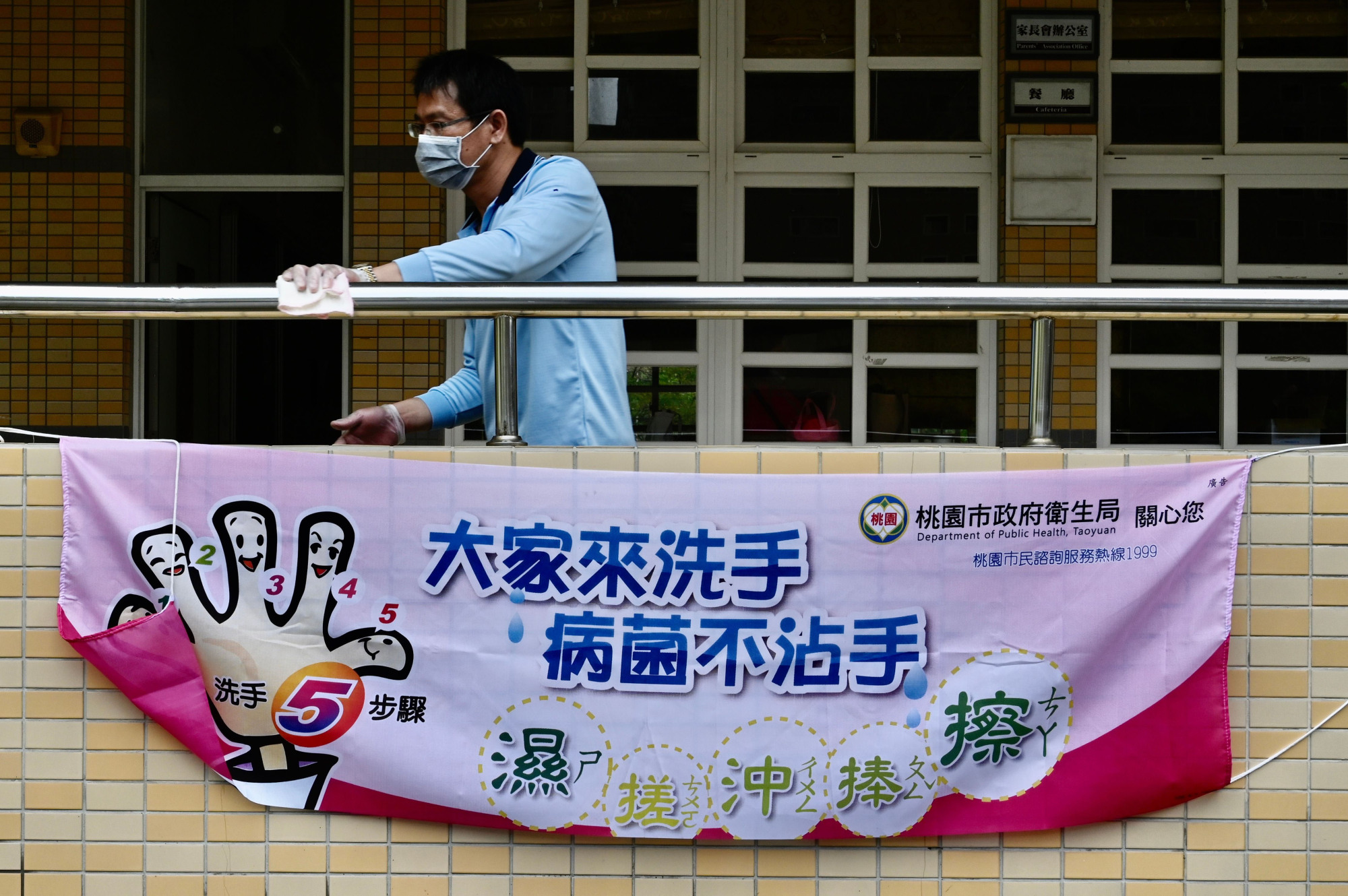The novel strain of coronavirus that originated in Wuhan, China has spread to almost 30 countries, including regional neighbors like South Korea, Japan and Taiwan, and countries as far away as the United States, Canada, and Brazil. As of Monday, more than 88,000 cases have been confirmed worldwide, and the death toll has surpassed 3,000, mostly in China. The epicenter of the virus crisis, China, has been suffering socially and economically not only on account of the virus, but also because of the Chinese government's problematic policies.
The Chinese government has been working to tackle the COVID-19 outbreak by using multiple measures to contain the spread of the virus as well as information about the outbreak. Most famously, the government imposed an extreme quarantine in Wuhan on Jan. 23, which is still in place. Many cities in Hubei province and elsewhere in China have also implemented lockdowns or restrictions while cases of infection continue to increase.
Besides these measures in the physical world, the Chinese government has attempted to quarantine discussion of the epidemic in the realm of public opinion. From the first appearance of the new virus last December to the lockdown of massive cities in mid-January, the Chinese authorities chose to restrict public access to the information about the epidemic by silencing people, most famously the whistleblower Dr. Li Wenliang.



















With your current subscription plan you can comment on stories. However, before writing your first comment, please create a display name in the Profile section of your subscriber account page.